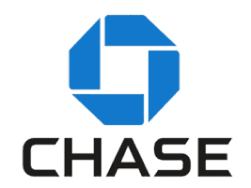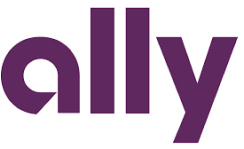We may earn an affiliate commission from partner links on the Entrepreneur Guide. These do not affect our editors’ opinions.
Shopping around for different mortgage options can be quite a headache. There are a million factors that you’ll need to take into consideration when looking for the right mortgage. Even seemingly insignificant factors can have an extreme impact on your finances. One-tenth of a percentage point might not sound like much, but it can add up to thousands of dollars over time.
The average monthly mortgage payment for a 30-year fixed rate mortgage is $2,064, and the average increases to $3,059 for 15-year fixed mortgages. If you can’t currently afford monthly payments around this amount, it might be a good idea to hold off on buying a home for a while.
If you can afford them, then these are the four mortgage lenders that you should look into first:
- PNC Bank
- Chase Bank
- Rocket Mortgage
- Ally Bank
More information about home mortgage loans
It’s no secret that the housing market has become highly competitive in recent years. The high demand and low supply have resulted in astronomical costs for homebuyers. The average upfront cost of buying a new home is currently $43,874.
While that might not sound too bad, this total only includes a down payment, closing costs, and the first monthly payment. Roughly 48.4% of American households have an annual income less than these initial upfront costs.
The Federal Reserve recently increased the interest rates on mortgages which will only make owning a house more expensive. In theory, this move should help the costs of homes to stabilize or possibly drop. However, you’ll be paying more in interest over the life of your mortgage.
Fortunately, there are a few things that you can do over time to help save some money on your mortgage, starting with knowing about loans.
There are plenty of terms to know, including VA loans, guaranteed rate and adjustable-rate mortgages, loan officers, and so-called jumbo loan products. Then, there’s also private mortgage insurance (PMI), an extra fee you might need to pay your mortgage company if your down payment is less than 20% on a conventional loan.
Get the right mortgage to maximize your savings
It would be an understatement to say that the U.S. housing market has been unpredictable over the last few years. A low inventory of available homes and a boom in online real estate services have skyrocketed home prices.
Mortgages have always been a standard part of buying a new home. But with this current housing market, it’s virtually impossible to buy a house without a mortgage.
The good news is that mortgages are not a particularly difficult type of loan to obtain. Naturally, there are plenty of restrictions and requirements, but far fewer of them than conventional loans.
The hardest part about taking out a mortgage is selecting the best one for you. You’ll need to consider many factors, including the mortgage broker, mortgage calculator, origination fees, minimum down payment, interest rate, loan amount and loan term length, and average monthly payment.
Taking out a mortgage is an enormous responsibility; you must shop around and compare your options. Start with the mortgage lenders listed above, but don’t be afraid to continue your search if you don’t get an offer you like. Mortgages last for decades and cost hundreds of thousands of dollars. Don’t settle for anything less than perfect.
Information provided on Entrepreneur Guide is for educational purposes only. Your financial situation is unique and the products and services we review may not be right for your circumstances. We do not offer financial advice, advisory or brokerage services, we do not recommend or advise individuals to buy or sell particular stocks or securities. Performance information may have changed since the time of publication. Past performance is not indicative of future results




